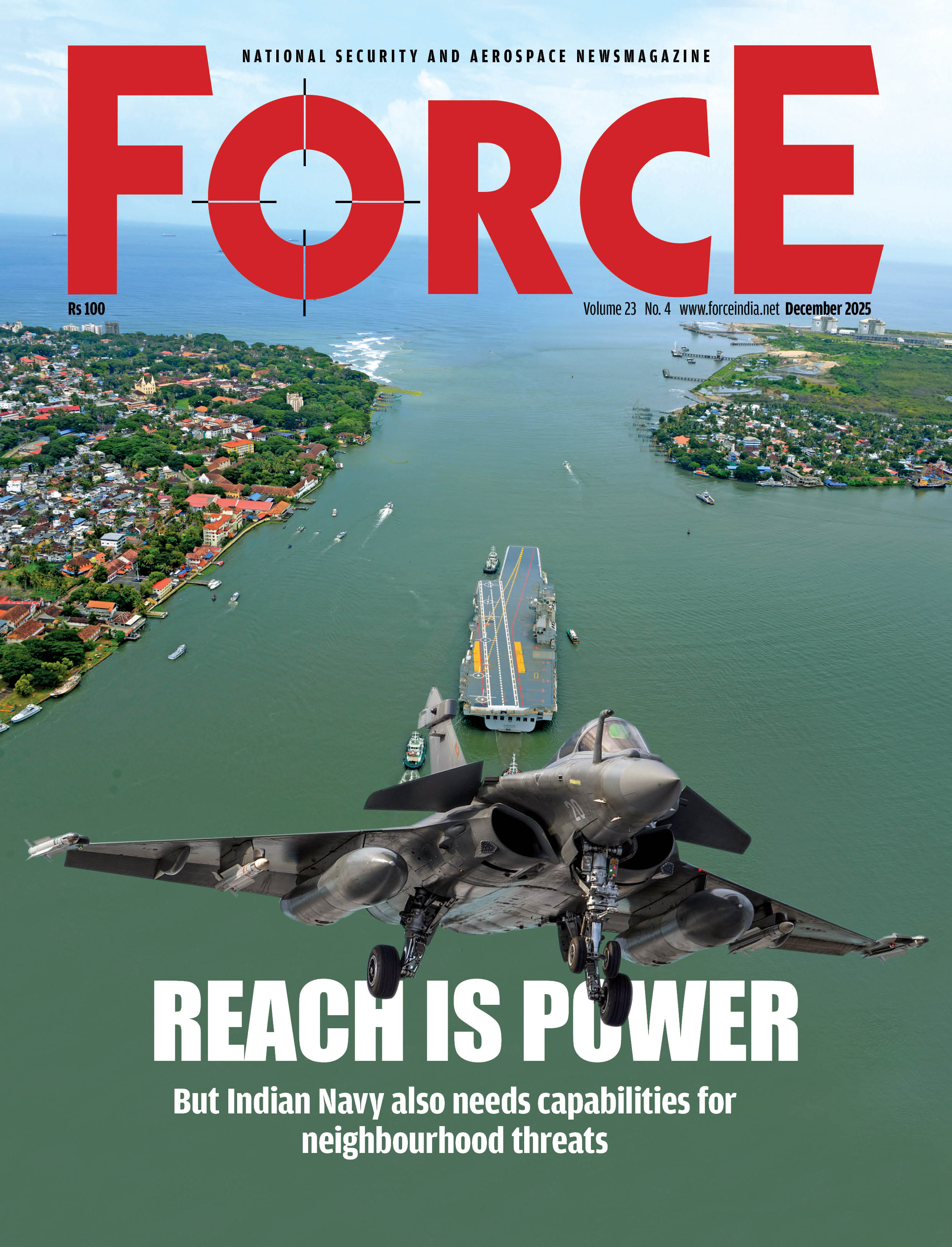Jammu and Kashmir is a Sensitive Border State and a Hostile Population Within Would Further be Detrimental for Indian Security Interests
Anuradha Bhasin, author of A Dismantled State: The Untold Story of Kashmir After Article 370
At a personal level, how did conceptualising and writing this book affect you? Was it in some ways cathartic?
It was both a cathartic and a painful journey. A year after Article 370’s revocation when I started collecting material to write, the brutal impact of how peoples’ lives were shaping within Jammu Kashmir, particularly in the Valley, saddened me immensely. I could sense the overwhelming pain (of those who spoke) and sense of fear (of those who were hesitant to speak) that people were dealing with. There was an immense sense of loss and despair I had to grapple with. I collected whatever I could and pieced together a holistic picture of how J&K was being dismantled and re-shaped and the picture in its entirety was horrifying.
But yes, writing the book was therapeutic. As journalists, we see things around us that traumatise us constantly but our work acts as therapy too. But this time it was different. Since I feel I have at best been ab
Subscribe To Force
Fuel Fearless Journalism with Your Yearly Subscription
SUBSCRIBE NOW
We don’t tell you how to do your job…
But we put the environment in which you do your job in perspective, so that when you step out you do so with the complete picture.








